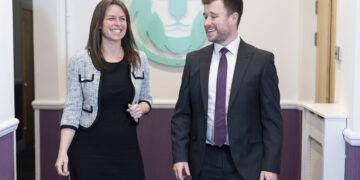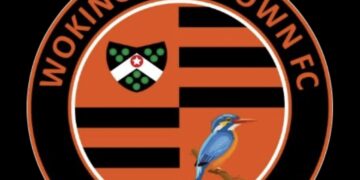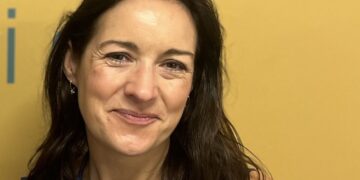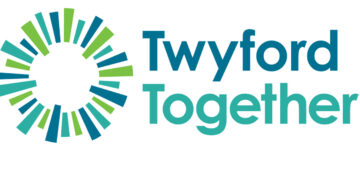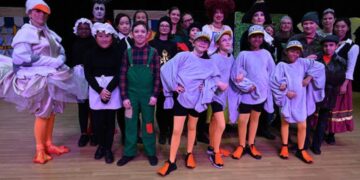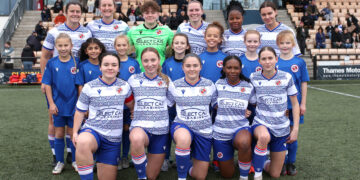NEW RESEARCH has shown that perceptions of computer science students are more diverse than expected.
Staff at the University of Reading collaborated with colleagues at King’s College London on a new study which examined perceptions of people studying computer sciences and what made the “ideal” student in the field.
The findings were published in Educational Review this week, analysing around 9,000 responses from more than 3,000 secondary school students.
Its key findings showed that eight main clusters of characteristics could be identified; being smart/clever; being knowledgable and interested; determination and hard work; kindness and helpfulness; independence; confidence; and collaboration.
It also showed that students aspiring to careers in computer science were more likely to value diversity of traits beyond intelligence, though students from less advantaged backgrounds were more likely to focus on intelligence as a key trait.
Female students were more likely to describe the ideal student as independent, but less likely to describe them as kind and helpful.
Professor Billy Wong, of the University of Reading and on of the study’s authors, said: “This is good news for widening participation in computer science education.
“Stereotypes exist for a reason, but can be a powerful deterrent to participation by some underrepresented groups.
“Our findings show that young people recognise the importance of being knowledgeable and hardworking in computer science, and they also value softer traits such as creativity and collaboration.
“This challenges the popular stereotype of computer scientists as simply being ‘clever’ but socially challenged.”
He explained: “These insights can help educators and policymakers promote a more inclusive image of computer science. By highlighting the diverse skills valued in the field, we can encourage more young people to see themselves as potential computer scientists.”
“The study is part of the SCARI computing project, a three-year study funded by the Nuffield Foundation.
“It aims to understand factors shaping participation and performance in computer science education, with a focus on addressing the underrepresentation of girls in the field.”
The full findings are reported in “Is being clever enough? Young people’s construction of the ideal student in computer science education” in Educational Review.
The article is available to read via: tandfonline.com/doi



